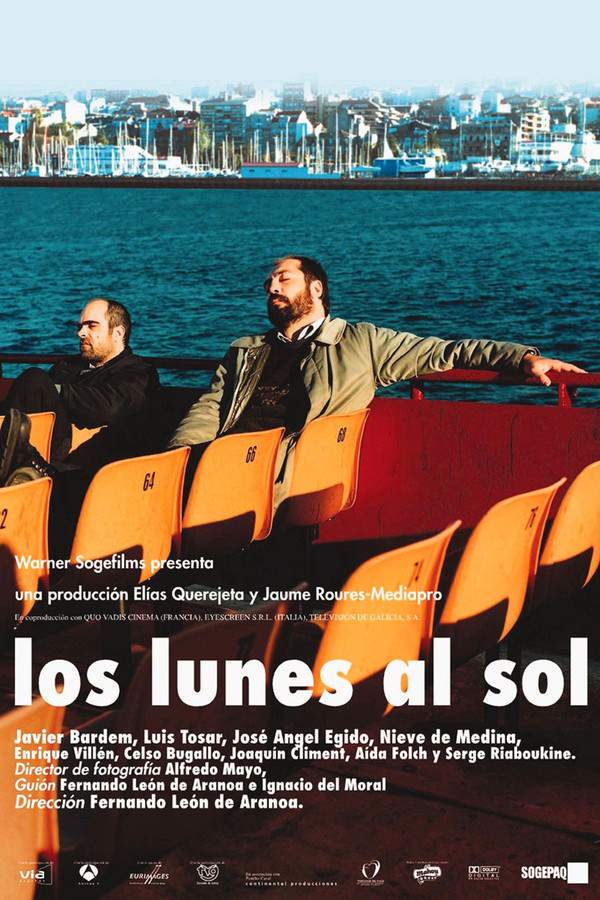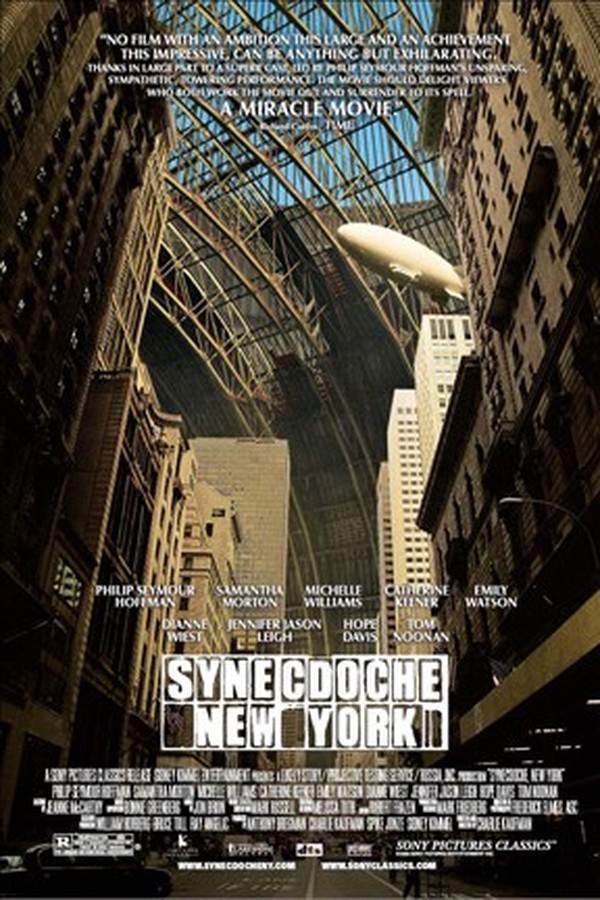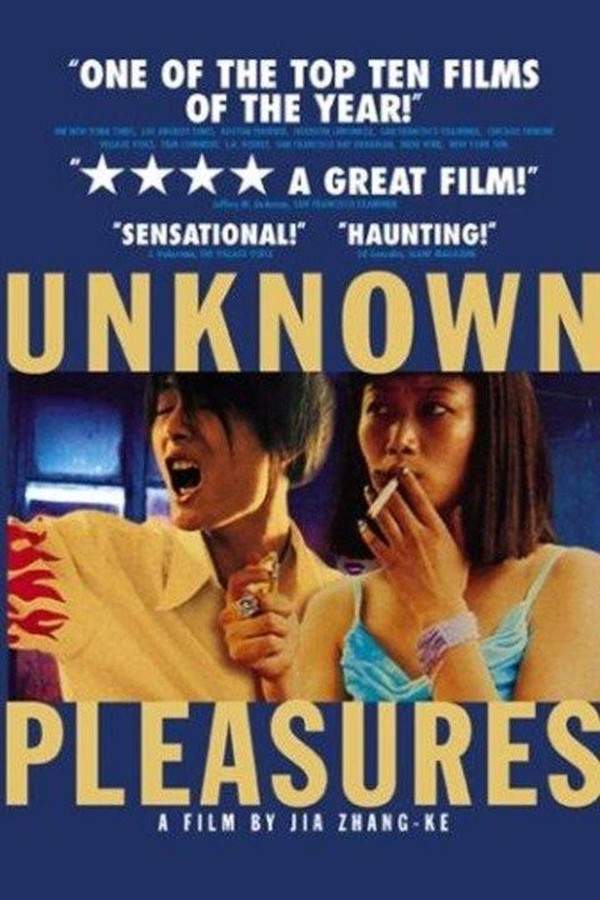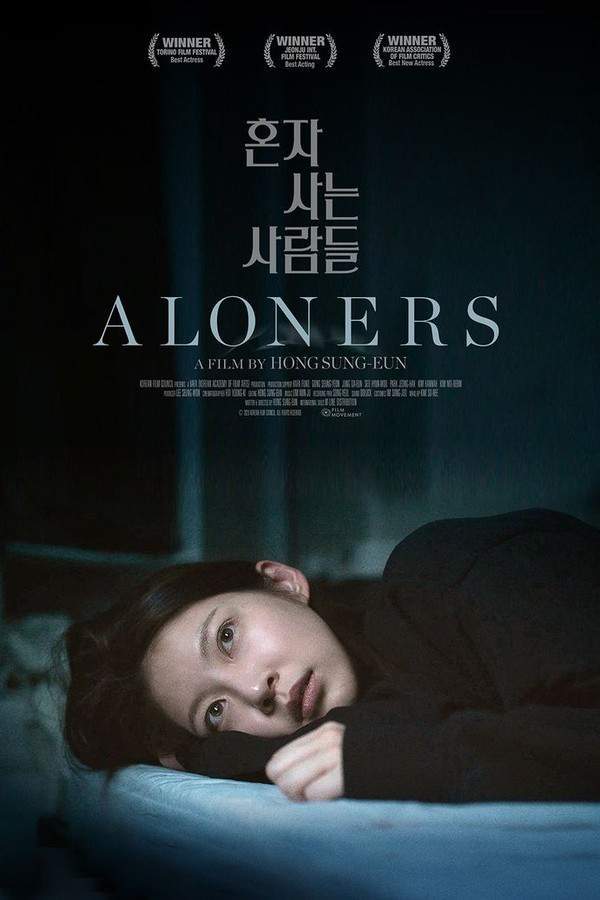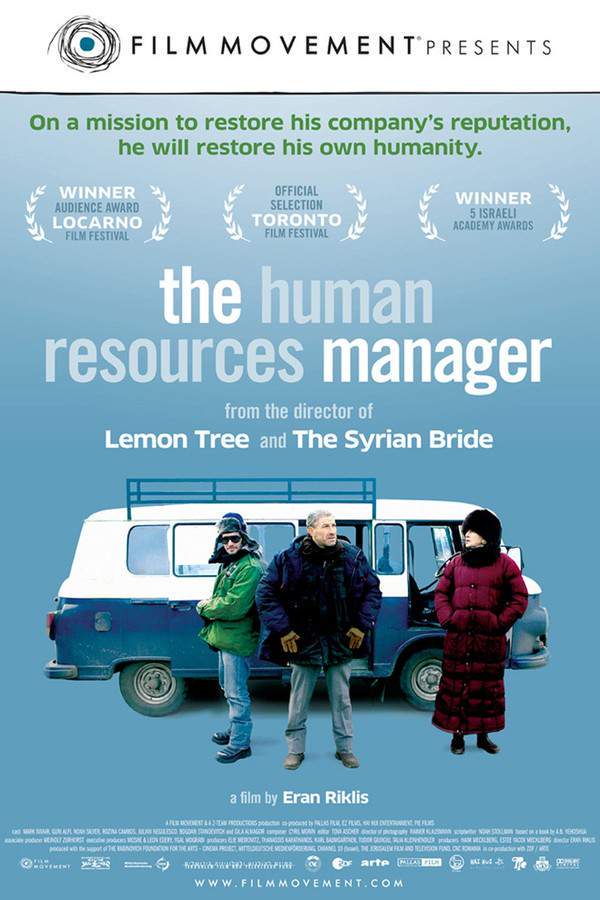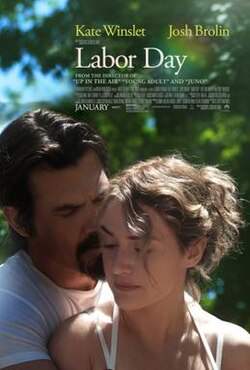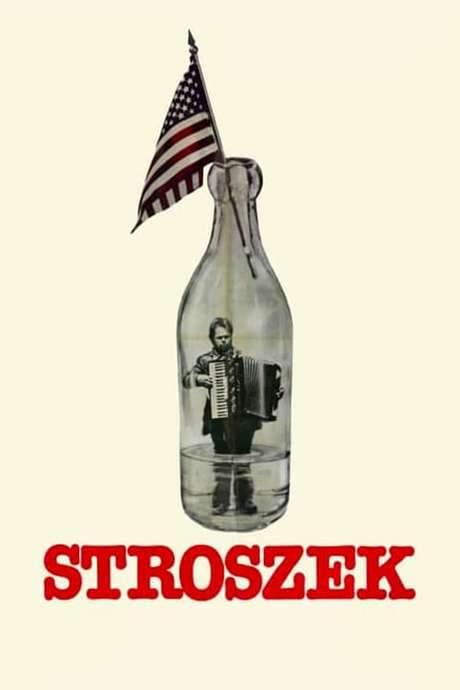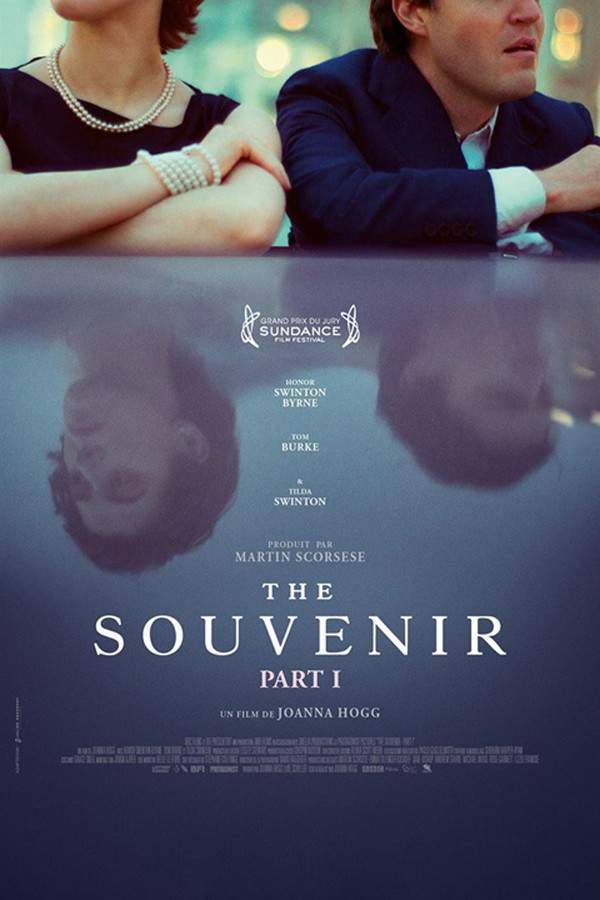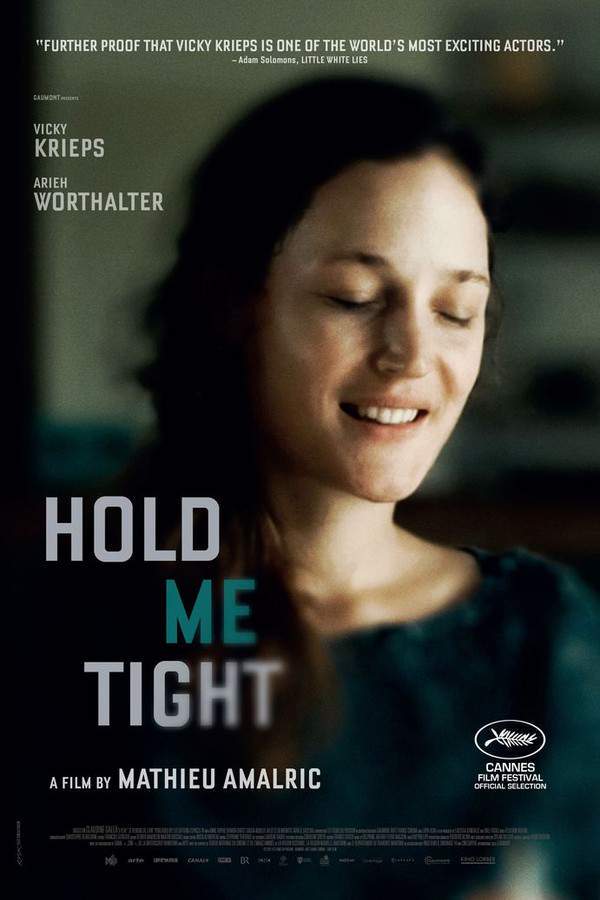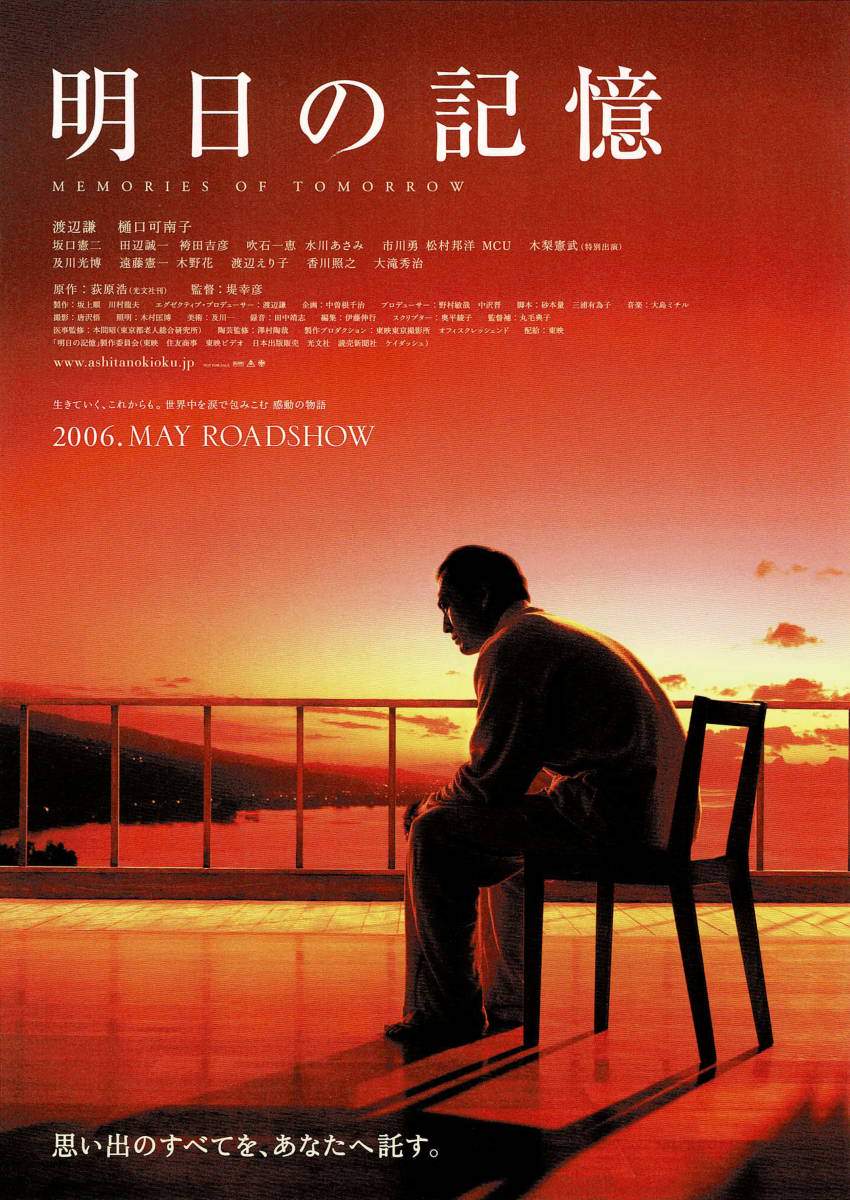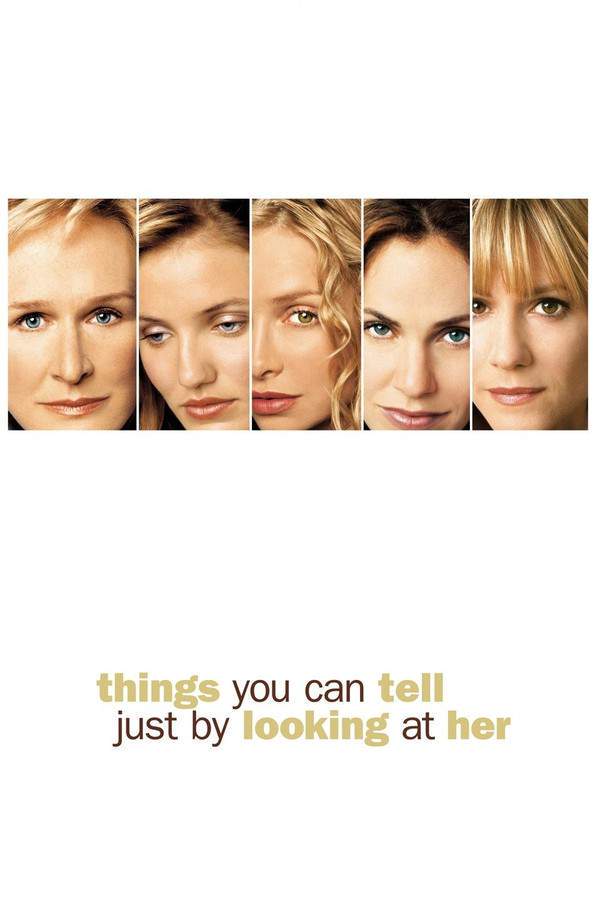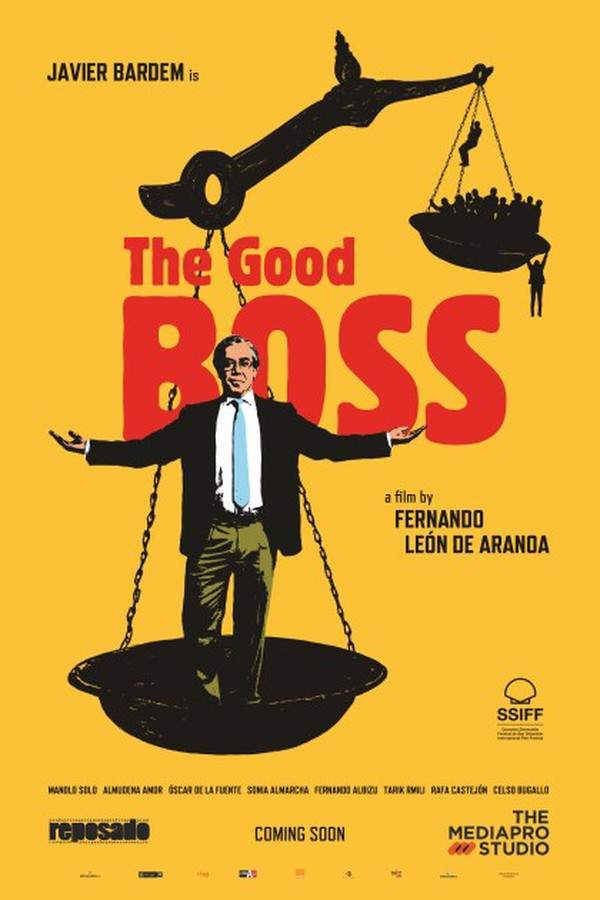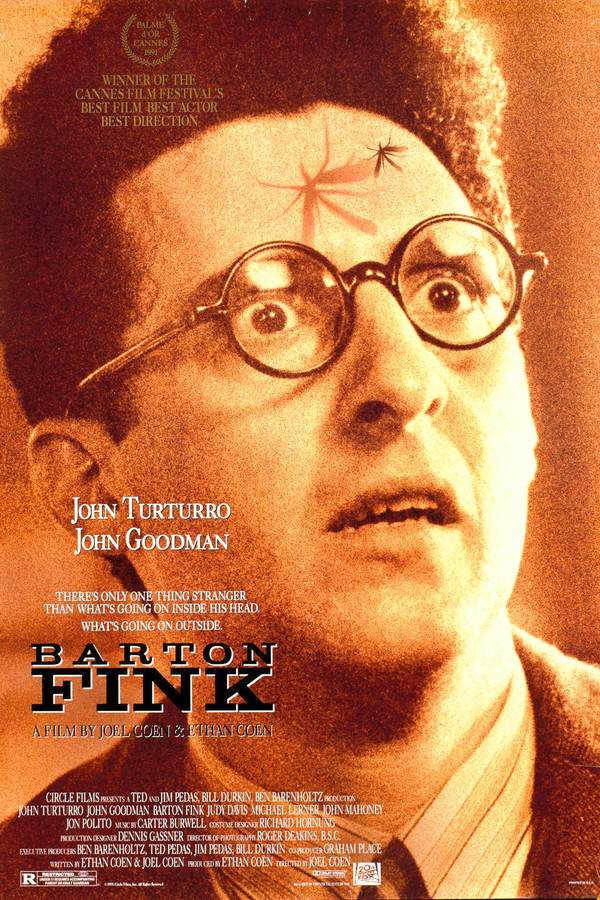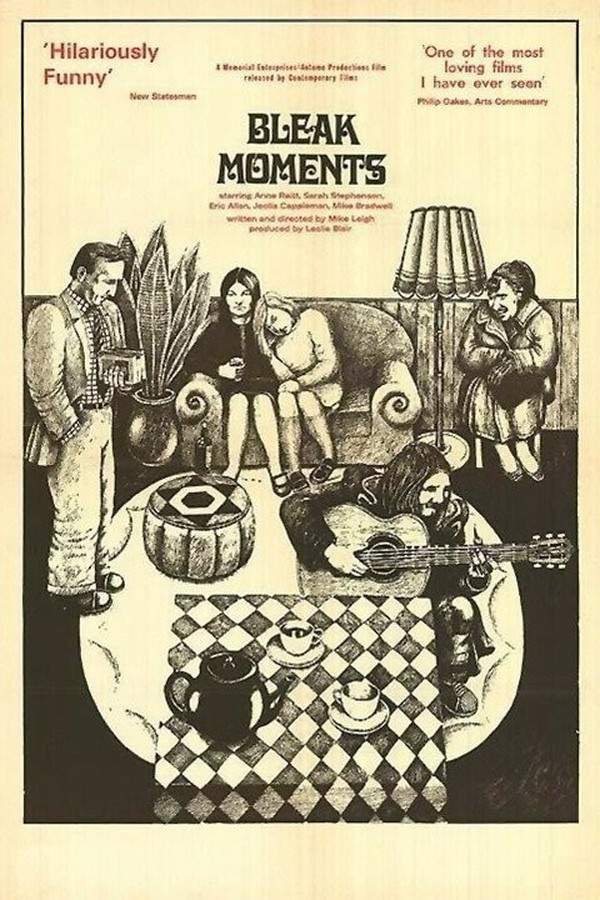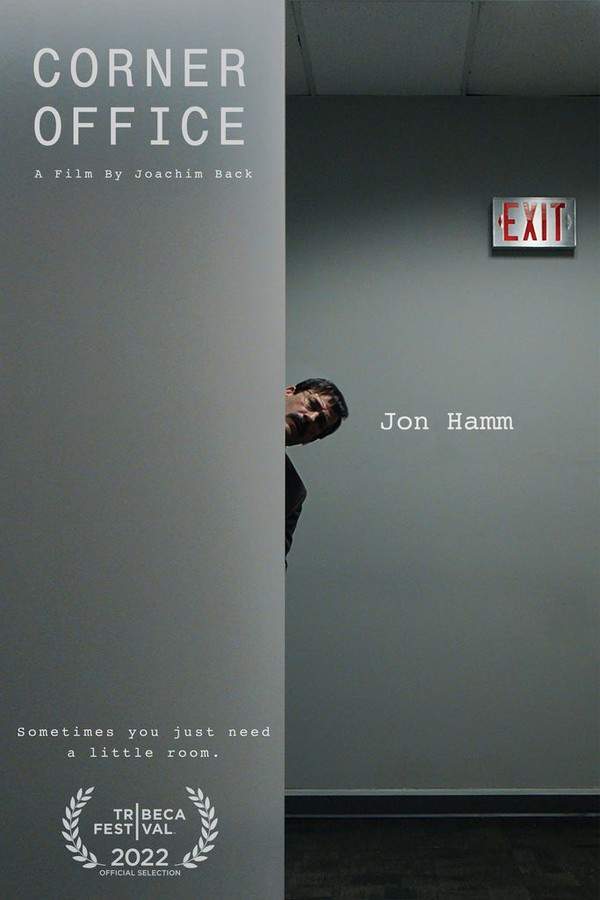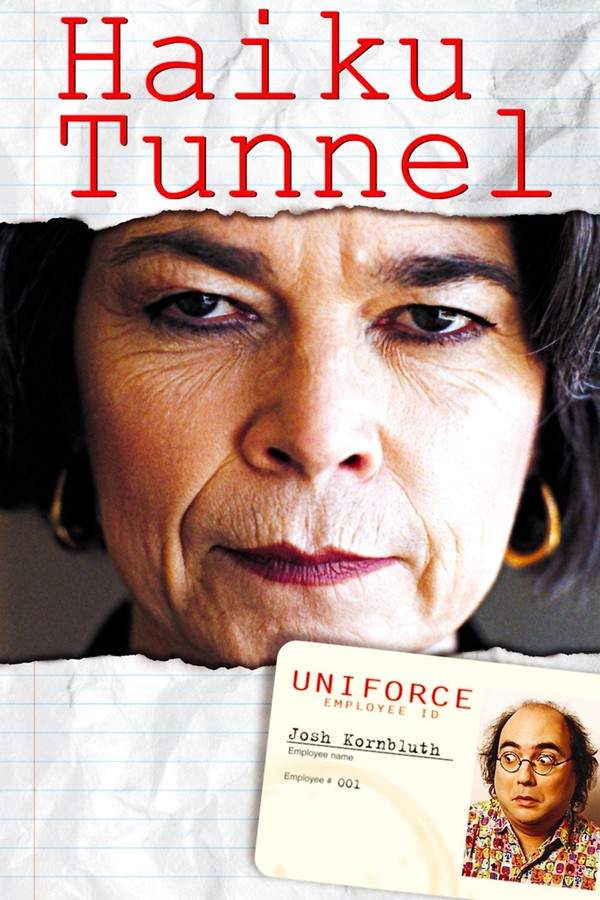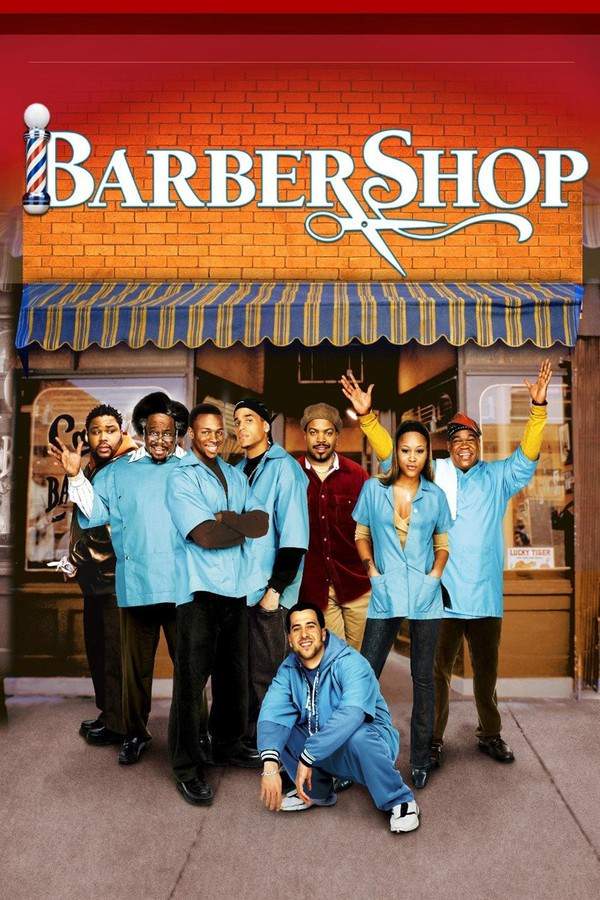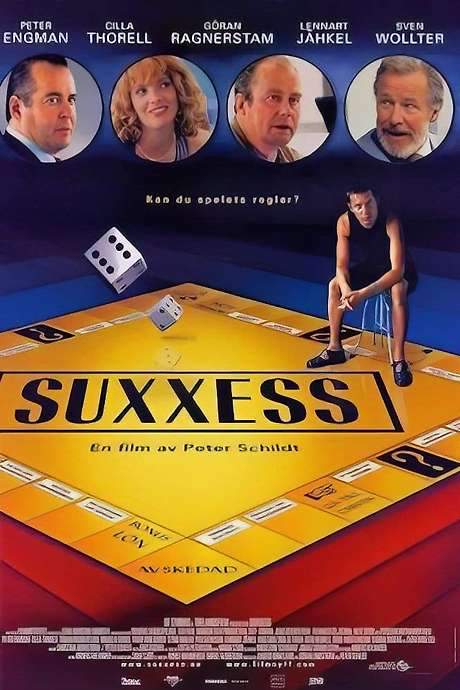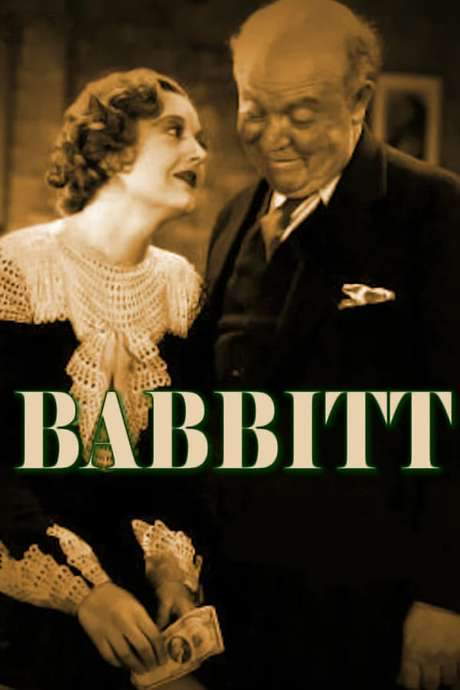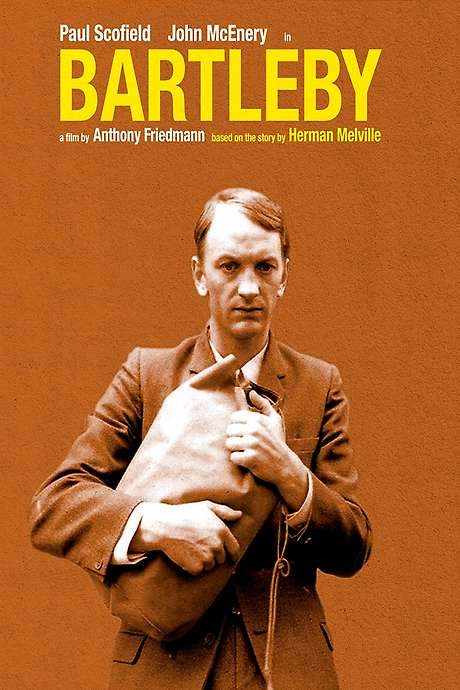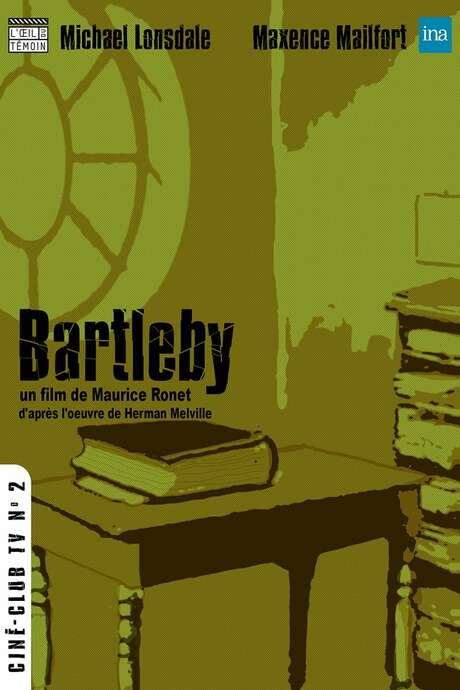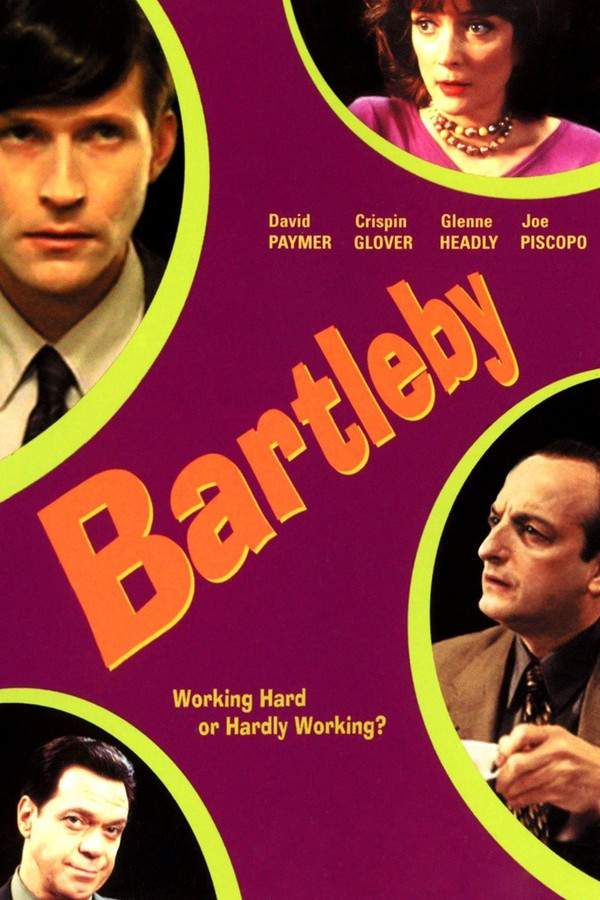
Bartleby
Year: 2002
Runtime: 83 min
Language: English
Director: Jonathan Parker
A meticulous manager's orderly existence is disrupted by a newly hired employee who initially impresses with his diligence. However, the worker soon begins to resist assigned tasks, declaring his inability to comply. This unusual situation challenges the manager's understanding of productivity and raises questions about the nature of work itself, leading to an increasingly tense and bizarre relationship.
Warning: spoilers below!
Haven’t seen Bartleby yet? This summary contains major spoilers. Bookmark the page, watch the movie, and come back for the full breakdown. If you're ready, scroll on and relive the story!
Timeline & Setting – Bartleby (2002)
Explore the full timeline and setting of Bartleby (2002). Follow every major event in chronological order and see how the environment shapes the story, characters, and dramatic tension.
Last Updated: October 04, 2025 at 08:12
Main Characters – Bartleby (2002)
Meet the key characters of Bartleby (2002), with detailed profiles, motivations, and roles in the plot. Understand their emotional journeys and what they reveal about the film’s deeper themes.
Last Updated: October 04, 2025 at 08:12
Major Themes – Bartleby (2002)
Explore the central themes of Bartleby (2002), from psychological, social, and emotional dimensions to philosophical messages. Understand what the film is really saying beneath the surface.
Last Updated: October 04, 2025 at 08:12
Explore Movie Threads
Discover curated groups of movies connected by mood, themes, and story style. Browse collections built around emotion, atmosphere, and narrative focus to easily find films that match what you feel like watching right now.
Existential Office Satire Like Bartleby
Stories where the absurdity of modern work reveals deeper existential crises.Find more movies like Bartleby that blend strange workplace comedy with heavy existential themes. If you enjoyed the bizarre quietude and slow-building absurdity of Bartleby's rebellion, you'll appreciate these similar satirical dramas about alienation at work.
Narrative Summary
Stories in this thread typically involve a stable, orderly world—often a corporate or bureaucratic setting—being disrupted by an inexplicable event or an enigmatic individual. The disruption is rarely violent or loud, but instead manifests as a quiet, passive resistance that forces the protagonist to question their own role within the system, leading to a psychological and philosophical unraveling.
Why These Movies?
These films are grouped together by their unique blend of dry, often absurd humor with a pervasive sense of melancholy and existential weight. They share a focus on the dehumanizing aspects of modern labor, feature characters grappling with profound passivity or nonconformity, and maintain a slow, deliberate pacing that allows the psychological tension to build.
Quiet Character Studies Like Bartleby
Character-driven stories exploring the tragic lives of enigmatic nonconformists.Discover more melancholic dramas like Bartleby that focus on enigmatic, socially alienated characters. If you were captivated by the quiet tragedy of Bartleby's nonconformity and the heavy emotional weight of his story, these films offer similar poignant explorations of outsiders.
Narrative Summary
The narrative follows an observer or a more conventional character as they encounter an enigmatic figure who defies easy explanation. The story is less about the outsider's internal perspective and more about the ripple effects of their presence and the futile attempts to 'save' or understand them, often culminating in a bleak or tragic outcome that highlights the fragility of human connection.
Why These Movies?
These movies share a deep focus on character over plot, particularly characters who exist on the fringes. They are united by a melancholic tone, a slow pace that allows for contemplation, and a heavy emotional weight derived from themes of mental health, homelessness, and the ultimate loneliness of being fundamentally different.
Unlock the Full Story of Bartleby
Don't stop at just watching — explore Bartleby in full detail. From the complete plot summary and scene-by-scene timeline to character breakdowns, thematic analysis, and a deep dive into the ending — every page helps you truly understand what Bartleby is all about. Plus, discover what's next after the movie.
Bartleby Summary
Read a complete plot summary of Bartleby, including all key story points, character arcs, and turning points. This in-depth recap is ideal for understanding the narrative structure or reviewing what happened in the movie.

Bartleby Timeline
Track the full timeline of Bartleby with every major event arranged chronologically. Perfect for decoding non-linear storytelling, flashbacks, or parallel narratives with a clear scene-by-scene breakdown.

Bartleby Spoiler-Free Summary
Get a quick, spoiler-free overview of Bartleby that covers the main plot points and key details without revealing any major twists or spoilers. Perfect for those who want to know what to expect before diving in.

More About Bartleby
Visit What's After the Movie to explore more about Bartleby: box office results, cast and crew info, production details, post-credit scenes, and external links — all in one place for movie fans and researchers.

Similar Movies to Bartleby
Discover movies like Bartleby that share similar genres, themes, and storytelling elements. Whether you’re drawn to the atmosphere, character arcs, or plot structure, these curated recommendations will help you explore more films you’ll love.
Explore More About Movie Bartleby
Bartleby (2002) Plot Summary & Movie Recap
Bartleby (2002) Scene-by-Scene Movie Timeline
Bartleby (2002) Spoiler-Free Summary & Key Flow
Movies Like Bartleby – Similar Titles You’ll Enjoy
The Good Boss (2022) Movie Recap & Themes
Barton Fink (1991) Movie Recap & Themes
Bleak Moments (1971) Plot Summary & Ending Explained
Corner Office (2023) Detailed Story Recap
Haiku Tunnel (2001) Spoiler-Packed Plot Recap
Office Space (1999) Ending Explained & Film Insights
Barbershop (2002) Complete Plot Breakdown
Suxxess (2002) Movie Recap & Themes
The Ape (2005) Movie Recap & Themes
Babbitt (1934) Detailed Story Recap
Bartleby (1970) Ending Explained & Film Insights
The Boss Didn’t Say Good Morning (1937) Plot Summary & Ending Explained
Pie-Eyed (1925) Complete Plot Breakdown
Bartleby (1976) Ending Explained & Film Insights
Blondie Meets the Boss (1939) Complete Plot Breakdown

